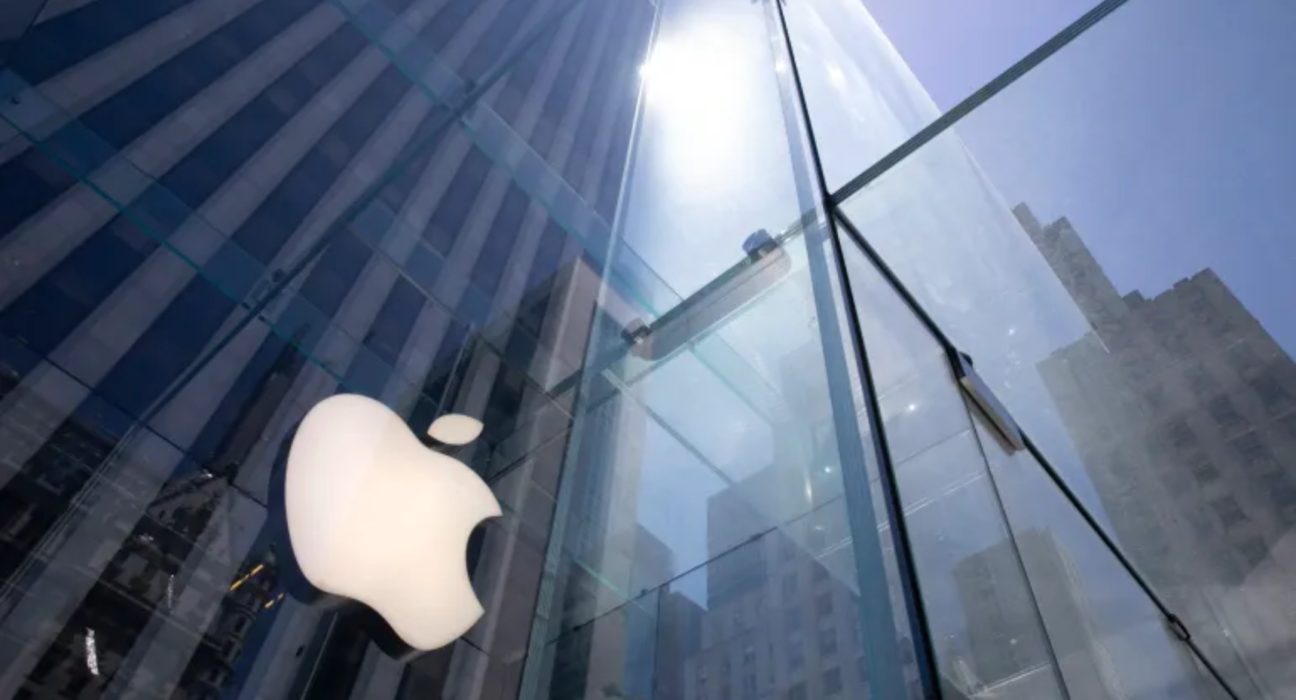Apple has experienced a 10 percent decline in iPhone sales amidst increasing competition from Chinese rivals like Huawei, leading to a fifth consecutive quarter of revenue decline. The tech giant, headquartered in California, reported a profit of $23.6 billion on $90.8 billion in revenue for the January-March period, with iPhone sales dropping to $45.7 billion. This dip in sales is attributed to the intensifying competition in the smartphone market, particularly from Chinese companies such as Huawei and Xiaomi.
Sales in Greater China, a critical market for Apple, saw a nearly 8 percent decline from $17.8 billion to $16.4 billion year-on-year. This marks the largest sales slump since the third quarter of 2020, primarily caused by factory closures due to COVID-19, which delayed the release of the iPhone 12. Despite these challenges, Apple’s revenue drop exceeded investor expectations, leading to a surge in the company’s shares following announcements of a stock buyback and increased quarterly dividend.
Apple’s Chief Financial Officer, Luca Maestri, highlighted the company’s high customer satisfaction levels and record active installed base across all products and geographic segments. The board has authorized a $110 billion share repurchase, reflecting confidence in Apple’s future, alongside a 4 percent increase in the quarterly dividend to $0.25 per share, marking the 12th consecutive year of dividend growth.
However, Apple faces ongoing pressures from low-cost competitors in China, regulatory scrutiny in the US and Europe related to antitrust concerns, and challenges in new product development, such as its mixed-reality headset, the Vision Pro. CEO Tim Cook emphasized Apple’s commitment to artificial intelligence (AI) development during a conference call, aiming to reassure analysts about the company’s strategic direction in an evolving tech landscape dominated by AI advancements.
